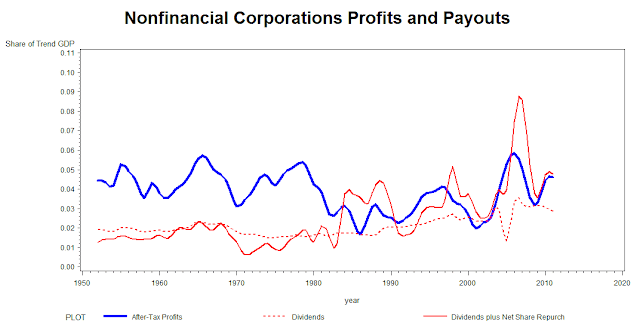Misaki
Senior Member
- Jul 8, 2011
- 159
- 30
- 46
SIGN and SHARE!
___
The United States has no skills problem, and does not lack wealth. All we need to fix unemployment is an innovative and sustainable way for people to choose to work less time.
The U.S. has plenty of scientists, many of whom have been forced to go into finance to find jobs.
The rich are spending all they can: http://www.nytimes.com/2011/08/04/business/sales-of-luxury-goods-are-recovering-strongly.html
In order to fix high unemployment, wasteful government spending and inflation, we should encourage people in high-income occupations to work fewer hours while still retaining most of their responsibilities and earning a reasonable income. This will allow companies to hire more workers using the resulting payroll savings to do the remaining work.
http://wh.gov/cVNr
___
The United States has no skills problem, and does not lack wealth. All we need to fix unemployment is an innovative and sustainable way for people to choose to work less time.
The U.S. has plenty of scientists, many of whom have been forced to go into finance to find jobs.
The rich are spending all they can: http://www.nytimes.com/2011/08/04/business/sales-of-luxury-goods-are-recovering-strongly.html
In order to fix high unemployment, wasteful government spending and inflation, we should encourage people in high-income occupations to work fewer hours while still retaining most of their responsibilities and earning a reasonable income. This will allow companies to hire more workers using the resulting payroll savings to do the remaining work.
http://wh.gov/cVNr


